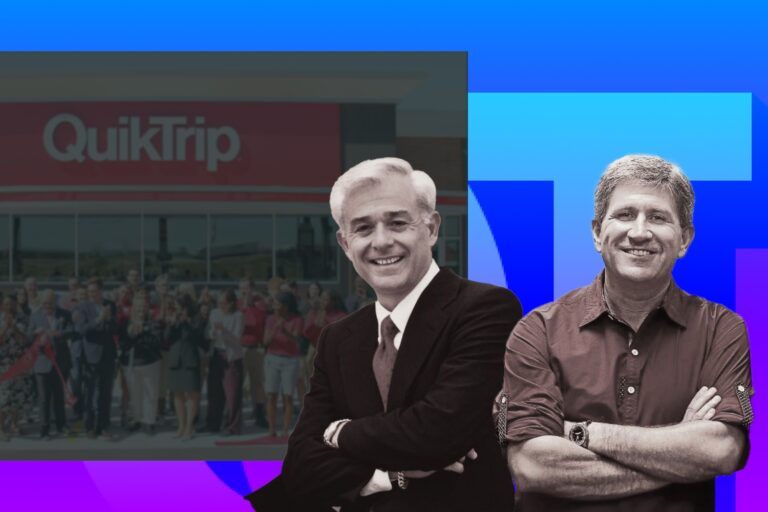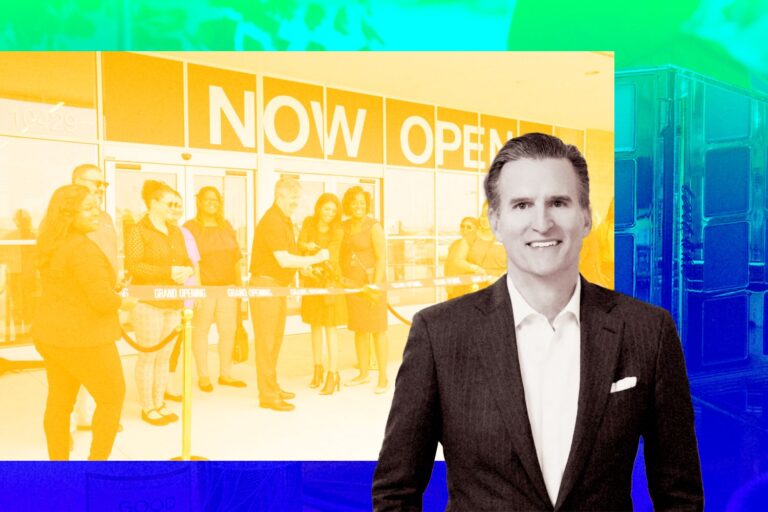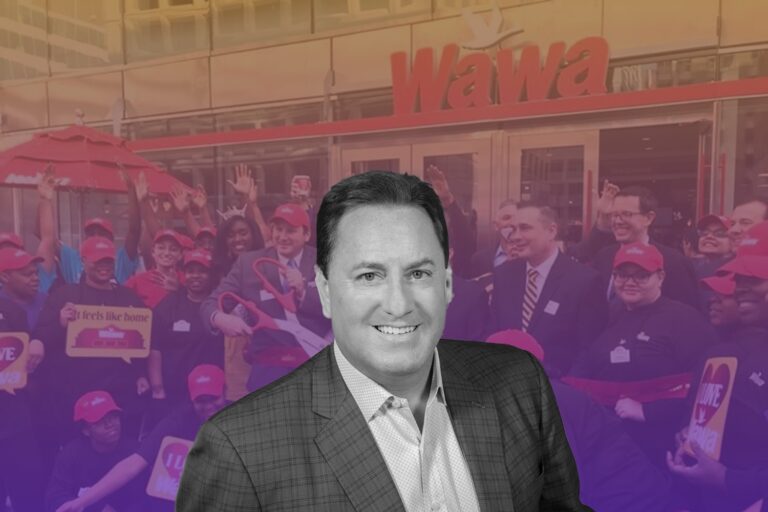Unlock Uncommon Growth Trajectory of Bolt – The Would-Be “Goldilocks” of Online Retail
All online purchases are effectively covered by the e-commerce sector and online shopping. These online transactions now amount to trillions of dollars annually as a result of retailers relocating their physical locations online, third-party marketplaces, and expanding internet access globally.
Since you can’t physically touch or study products online as you would in a store, consumers frequently use their online shopping carts as fitting rooms by adding many items at once to balance their alternatives. As a result, there is a high possibility that a user will change their mind before making a purchase.
A study released in September 2019 by the Baymard Institute, a web usability research organization, found that the average global percentage of online shopping cart abandonment is a startling 80%.
In such situation, one-click checkout was becoming more and more popular every single day. Bolt immediately dove in at that point. This San Francisco-based startup, which was founded in 2014 by Eric Feldman and Ryan Breslow, provides several tools designed to streamline web transactions.
Bolt is a platform for improving the checkout process that allows businesses to concentrate on their brands while Bolt perfects the transaction. Even if they have never been to the site before, Bolt Network gives customers a one-click checkout without passwords, forms, or payment information. Bolt provides solutions to the complex technological problems associated with digital wallets, fraud detection, and checkout.
The motivation behind Bolt is no more than an inconvenience while shopping online, but the journey of building a company is in fact, far more interesting.
Everything has changed now that Bolt is so well-known, and Ryan Breslow has adopted a monk lifestyle, but it is understandable to be curious about this startup’s history and how they succeeded. After all, we all want to learn from others, especially the successful ones. Continue to read to find out the method of Bolt in this journey.
From a Miami Hometown Boy to Bolt CEO
Ryan Breslow was born in 1994, making him 27 years old as of 2022. He was raised in North Miami Beach by active small-business owners. His grandfathers had owned and operated a seafood market, a small accounting office, and a denim store. His parents owned Aqua Golf, a well-liked neighborhood course where players could chuck balls into a lake.
He attended Dr. Michael Krop Senior High, a public school where more than half the children lived below the poverty line. He put a lot of effort into his studies, enrolling in as many AP classes as he could while gaining extra online credits.

This entrepreneur learned how to program by watching YouTube videos and online courses. He established Memory Foam Doctor, an online mattress business, and created websites for UNKNWN, a streetwear brand supported by LeBron James, as well as Bal Harbour, a posh retail mall. “I was making around $1,000 a project, so I wasn’t raking it in, but definitely making more than any of my friends.” said Breslow.
Breslow attended Stanford University in 2012 on a scholarship, where he majored in computer science, started the Stanford Bitcoin Group, and caught the startup fever.
Starting in high school, Breslow spent six years building Ecommerce sites for companies of all sizes—from small mom-and-pop shops to large corporations. During this period, he personally encountered the drawbacks of the online commerce industry, which motivated him to create a more effective substitute.
That was the reason for his Stanford dropping out in 2014 to found Bolt with Eric Feldman. This duo spent a year learning about financial regulations, compliance, money laundering rules and fraud prevention. The main issue was that Bitcoin was terrible for everyday purchases. No store wanted to accept money that could lose half its value over night, thus transactions were delayed and fees were expensive.
They had to make a quick turn. “One day it hit me like a bolt of lightning. Amazon has offered one-click checkout since 1999 and the rest of the world doesn’t,” he says. “The more I learned, the more I realized how big it could be.”
That made Breslow and Feldman decide to shift focus to lower-hanging ecommerce fruit, though Bolt’s business model initially revolved around currency in online checkouts. The two and their team spent the better part of three years developing technology around checkout and fraud detection that integrates with platforms like Shopify, Magento, BigCommerce, WooCommerce, and Salesforce Commerce Cloud.
In Bolt’s initial days, fundraising was a struggle, it was the same with hiring engineers and trying to get media attention. Breslow described it as “brutal.” He grimaces while recounting the two times Bolt nearly ran out of money and had to cobble together small cheques from a swath of investors. He declared, “Sand Hill Road wouldn’t invest in my company.” “I went to all ends of the earth to find capital.”
In the end, Breslow obtained funding from well-known New York companies like funds administered by General Atlantic, BlackRock Inc., and Dan Och’s Willoughby Capital.
The company, which was established in 2014 but made its public debut in January 2018, has garnered a lot of attention for taking on some of the “big elephants” like Amazon. Breslow knows how to do marketing, but with a solution that has no insights, the company can’t survive in this severe industry. In reality, Bolt’s one-click checkout has benefited retailers who use its platforms in a big way.
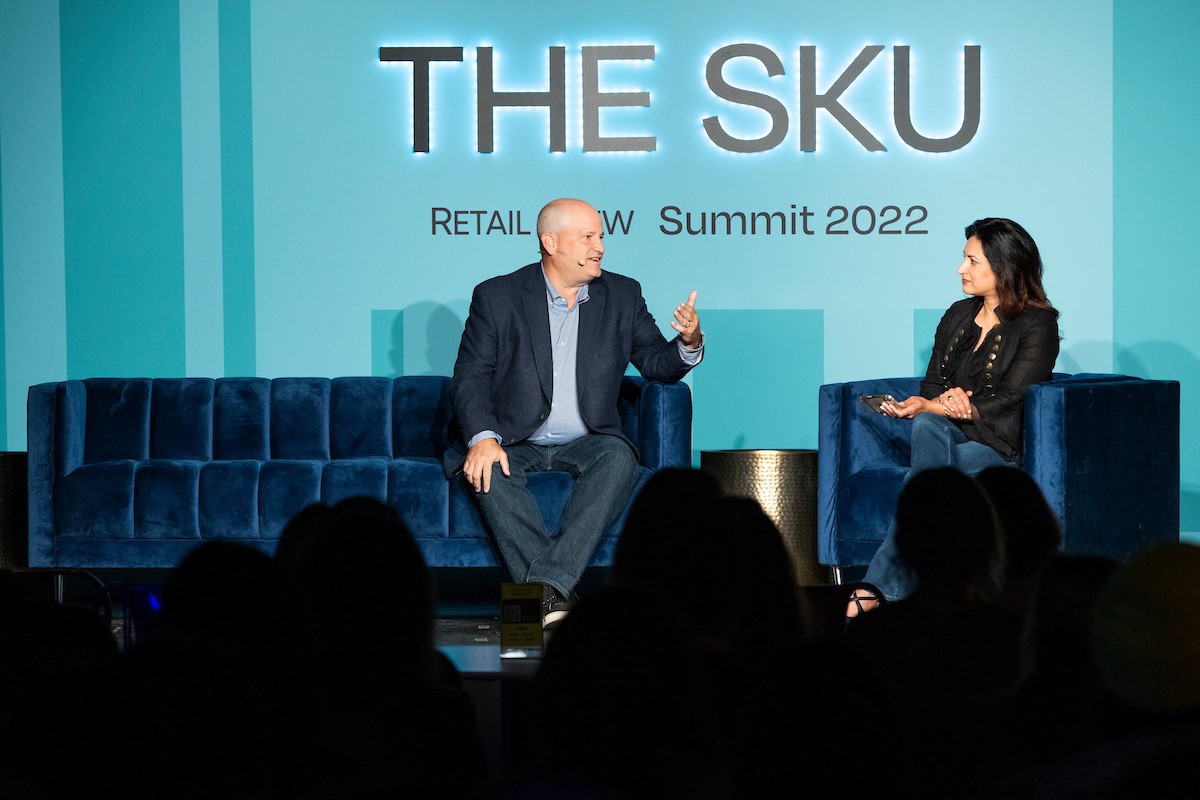
Online shopping was already a growing trend, but the pandemic has quickened the speed of adoption. That’s where Bolt took the chance and showed how their solution could aid retailers through the Covid 19, and even win in today’s new normal.
Lifting up the Chance for Online Retailers to Win In Ecommerce
Even the epidemic caused many stores to close, it wasn’t all negative because many retailers were able to take advantage of the growing number of customers who were drifting online. But for merchants, stepping up their e-commerce initiatives hasn’t been simple.
Customers have had a less than pleasant experience with digital stores as a result of their dependency on unique tech stacks, third-party ecommerce platforms, checkout plugins, and the difficulty of integrating with different payment methods. Retailers also carried the extra stress of offering shoppers an Amazon-like experience with features such as one-click checkout.
To counter this, Bolt has created a unified ecosystem with its checkout experience platform. With Bolt’s solution, retailers will no longer have to contend with some of the challenges that prevent them from expanding and keeping their online consumer base.
Thanks to preprocessing, which loads content and code in less than a second, Bolt claims its checkout page is up to 10 times faster than the competition. Customers are not required to input a billing address in this flow, which also utilizes a post-checkout registration approach as opposed to a pre-checkout registration model. This means that customers can choose to register for an account after entering their payment information.
To reduce fraud, Bolt captures mouse pointer locations, typing speeds and accuracies, copying and pasting behaviors, and other browsing, cart, and checkout data. Each transaction is subject to over 200 variables analysis by its machine learning algorithms, and every refused transaction is examined by a specialized team.
The business is so confident of its detection technology that it covers every single fraudulent chargeback.
Since coming out of hiding about a year ago, Bolt has had no trouble gaining customers, perhaps in part because of this. According to the business, more than 1.5 million transactions have been made by clients so far.
Besides, Bolt charges a flat, percentage-based fee per transaction. It matches processing costs and states that the typical customer generates 10 to 50% more income (about $25 million).
Giving the Ladder for All Sized Retailers to Take on Amazon
The CEO and co-founder of Bolt, Ryan Breslow, claims that Amazon has “invested hundreds of millions of dollars improving the flow” of the site’s purchasing process. Faster checkout “flow” may persuade customers to spend more money.
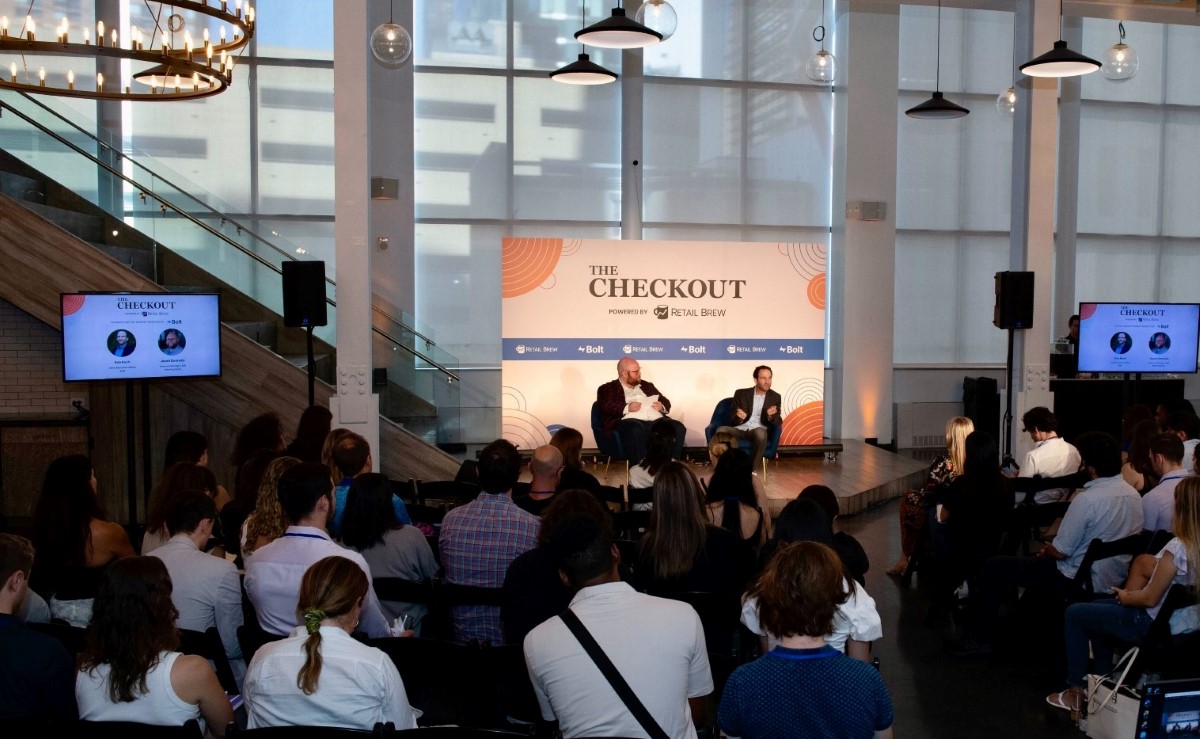
In fact, Breslow said that “Amazon is a huge motivation for us.” The issue is that, if you weren’t Amazon, you wouldn’t have the engineers to create for your customers the best possible purchase experience. Breslow added, “we’re building that for everyone else. We envision a world in 10 years where everybody can have their own Amazon.”
For instance, the digital infrastructure company Akamai discovered in a 2017 research that websites that were just one-tenth of a second slower than their rivals’ had a 7% decrease in conversion rate—the rate at which site users actually made a purchase.
As many as 80% of online shoppers simply leave their carts unpaid at the checkout, making this stage of the purchasing process extremely painful.
But the company already has a solution for this. Bolt states that it seeks to change the equation that makes it almost impossible for smaller websites to match Amazon’s level of complexity by making speedy checkout available to smaller online shops.
According to Breslow, Bolt has reduced typical checkout times on its customers’ websites almost in half, from about a minute to just over 30 seconds. Bolt integrates a checkout interface with fraud detection and payment services.
He added, much of that time saving comes from Bolt’s integrated fraud detection, which uses behavioral cues like mouse movements to make sure a customer is who they say they are.
With the help of Bolt’s technology, businesses may set up streamlined, quicker payment systems with user-friendly checkout procedures and fraud prevention measures. In other words, a system that is comparable to that used by online retail giant Amazon.
According to him, Bolt’s technology is designed for enterprises with their own e-commerce websites, particularly those that want to provide more specialized products like furniture, beds, or eyewear. He stated that purchasing such things on Amazon is not always the best option.
“Amazon is going to win when it comes to commodity products,” Breslow said. But for businesses selling brand, non-generic products, Bolt offers a way to “level the playing field,” he said.
“We’re creating that easy experience wherever you shop,” he proudly shared. “Because it is leveling the playing field, it is a challenge to Amazon in a way.”
Bolt’s objectives are about as grand as they get in the picks-and-shovels world of business services: the startup desires to get a one-stop checkout software package for smaller stores, and in the process, give them a fair shot against the powerhouse known as Amazon.
However, this might not be the final destination that Bolt wants to reach, while big guys are taking up the majority of the industry, with the shifting to online shopping and one click checkout, we can expect an even bigger Bolt is coming.
Taking up that Cake of Big Giants to Become the Next Powerhouses

The lucrative payments market has long been dominated by PayPal, Square, Adyen, and Stripe. Now, hundreds of newcomers with brands like Bolt and others are pushing their way into the market with their own take on services that facilitate trade between retailers and customers.
The Bolt team and product have expanded significantly during the past five years. They’ve acquired businesses to improve their product offerings, raised about $1 billion in capital, expanded globally into Europe and Asia, added more than 1000 team members, and increased their number of retailers by more than 300.
These figures are still small in comparison to rivals like Shopify, which also serves a smaller segment of the online retail market. Since its foundation in 2004, Shopify says it has generated $100 billion in sales.
However, this San Fransisco based company thinks it has found a unique niche with what Breslow calls its “checkout platform.” That stands in contrast to full-service e-commerce platforms like BigCommerce or Shopify, whose kitchen-sink approach incorporates everything from website design to online marketing tools, on the one hand, and to Venmo or Stripe, which primarily focus on moving money.
“To be the Goldilocks of online retail” is something that keeps Bolt’s head up: neither too small nor too big to lock users into a complex environment. Even though Breslow admits there is “minimal feature overlap” with the major e-commerce platforms and payment processors, he claims to view them as prospective business partners. “We’re eager to collaborate with them.”
Although PayPal has been included as a payment option for Bolt since 2019 and Bolt has already linked with numerous services, it may not be possible to say that the two companies are not rivals. Many of Bolt’s features, such as user accounts that store shipping, invoicing, and bank information to facilitate a one- or two-click checkout flow, are particularly similar to those of PayPal.
This has a significant effect on conversion rates; customers who use PayPal as their payment method complete purchases 82% more frequently than customers who use non-PayPal methods, which is comparable to the improvements Bolt reports. Bolt’s payment button is already present in some stores alongside PayPal’s.
Breslow recognizes that Bolt doesn’t have the same volume of data as a huge company like Visa, but claims that because to its finer-grained and behavior-based approach, it can achieve outcomes in the identification of fraud that are on line with or better.
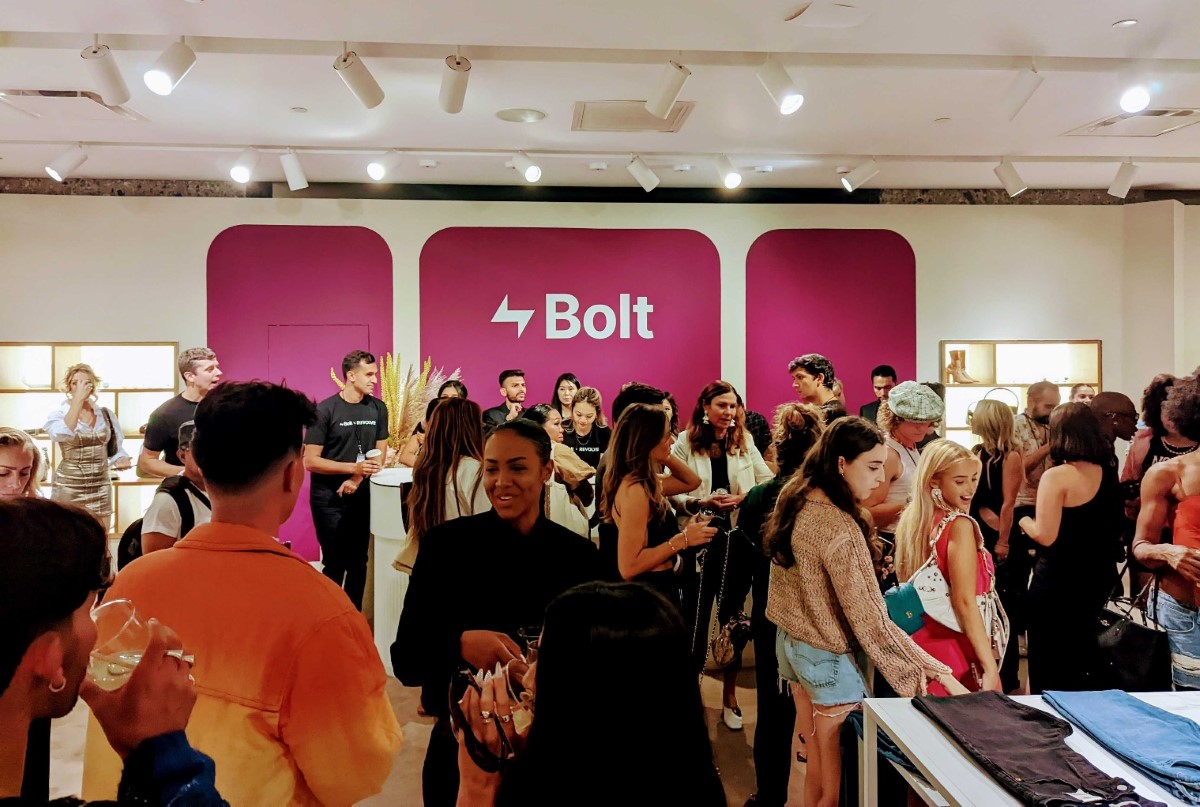
Investors may view a scenario in which the payout is even greater than Bolt becoming the next PayPal as balancing the challenge of Bolt’s objective. Breslow claims Bolt wants to provide independent sellers with some parts of Amazon-like product discovery, driven by shopper data shared among what he refers to as a “user network.” This is in addition to faster checkout.
Ryan Breslow Stepping Down from the Board – What It Means to Bolt?
The company has seen enormous growth since its debut day. Working in Silicon Valley, where seeing many companies blooming, but this might not be fair play because some of the big elephants put out their unfriendly method to win over rivals. This leads to a series of spicy tweets in the last week, going after industry power-players Y Combinator and Stripe
In January 2022, Ryan Breslow was stepping away as the company’s CEO seven years into his reign. Maju Kuruvilla, who joined the company as its chief product and technology officer in 2019 and became its COO in August, 2021, takes over as CEO in place of Breslow, who claims the choice was made on his own. Breslow will now serve as executive chairman.
On the surface, the choice appears to make sense for the 600-person company, which is currently raising a round of funding that is expected to value the company at $14 billion, up from the $11 billion valuation it was given just earlier this month when it closed on $355 million in Series E funding. The decision would also appear to make sense for the industry as a whole.
He warned that rival Stripe and renowned accelerator Y Combinator (YC), which counts Stripe as one of its biggest success stories, are “mob bosses” that will pull “every power move imaginable” to crush rivals, in what he described in his first series of tweets as a kind of public service to other founders.
One of those power plays, according to Breslow, is to prevent any danger to Stripe from entering YC, which he claims earlier rejected Bolt’s application. Additionally, he charged Stripe with “co-running” the YC-owned link aggregator and discussion forum Hacker News, which diminished Bolt’s visibility.
Last but not least, he charged Stripe with funding Bolt’s direct rival on purpose at the same valuation Bolt was receiving at the time.
Given that Stripe did lead a $102 million investment in the fledgling checkout business Fast a year ago, the last accusation sounds reasonable. However, supporters of YC and Stripe were quick to refute Breslow’s other assertions.
Of course, it’s natural to question how closely the move is connected to the attention that Breslow, 27, garnered after posting a series of tweets.
With the new CEO running Bolt’s daily operations, Breslow can focus on closing big deals. According to sources, he is actively raising further funds at a $14 billion valuation. Along with hiring top programmers, he is also becoming increasingly vocal. There is no way that he will stop talking. “If you’re turned off by me speaking my truth, well, guess what? More of that’s going to happen—you probably shouldn’t be investing in me.” said Breslow.


